Reproductive and Sexual Health Across the Lifespan

Why is reproductive and sexual health important?
High-quality, inclusive reproductive and sexual healthcare is critical to promoting the overall health and well-being of individuals and communities. Reproductive and sexual health encompasses a broad range of services, including family planning, maternal and infant/child health, adolescent health, and STI/HIV prevention, testing, and treatment across the lifespan.
Access to high-quality, inclusive reproductive and sexual healthcare is a fundamental human right that can reduce maternal and infant mortality, improve pregnancy outcomes, and prevent the spread of STIs and HIV. Comprehensive reproductive and sexual healthcare services should be affordable, accessible, medically accurate, trauma-informed, and culturally responsive, considering the needs and preferences of different populations, including youth, people of color, LGBTQ+ individuals, and people living in poverty.
Inclusive reproductive and sexual healthcare involves creating a welcoming and safe environment for patients of all genders, sexual orientations, and identities. It also involves addressing the unique healthcare needs and experiences of marginalized populations, including those who have experienced trauma, discrimination, or violence.
Effective reproductive and sexual healthcare requires a collaborative, interdisciplinary approach that involves healthcare providers, public health professionals, policymakers, and community organizations. By promoting high-quality, inclusive reproductive and sexual healthcare, we can improve health outcomes, promote social justice, and advance gender equity and human rights.
Partners & Funders
HCET works closely with local and statewide agencies and clinics providing reproductive and sexual health care to ensure all staff, including clinicians, are trained to provide the best care and services to their clients, no matter who they are or where they live.
